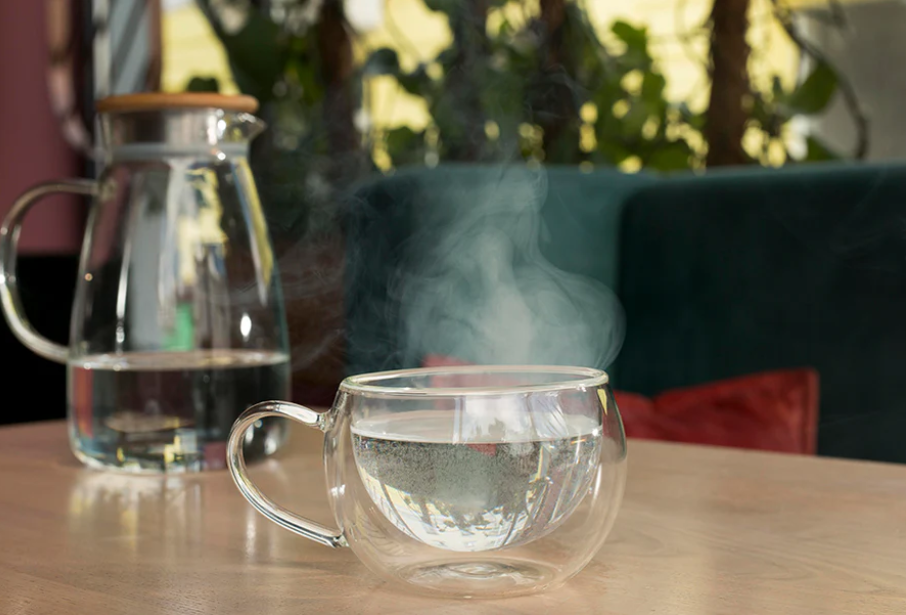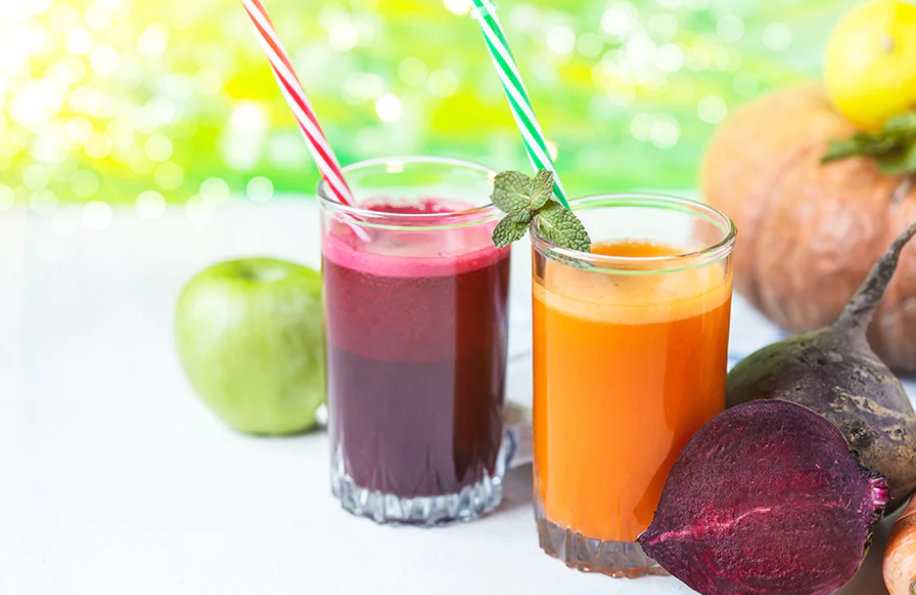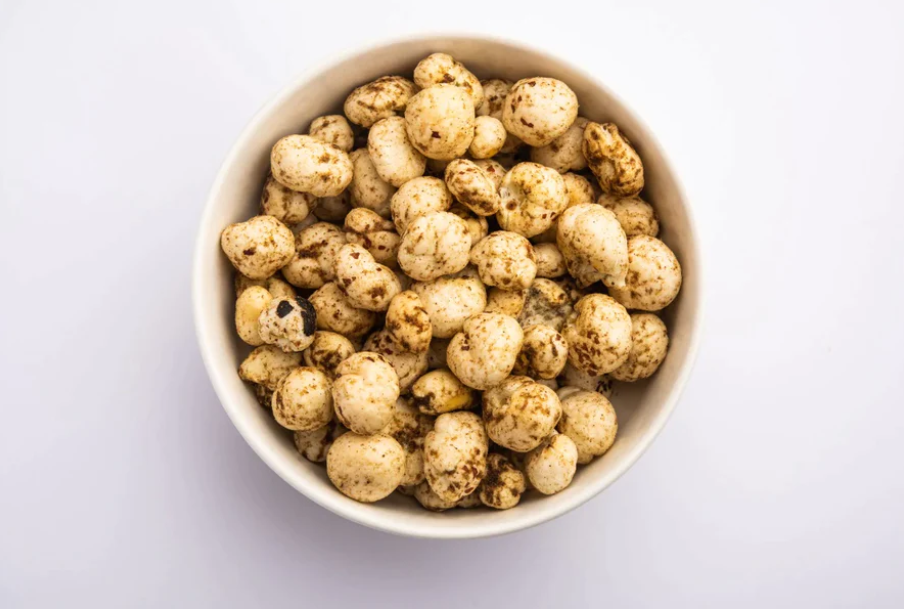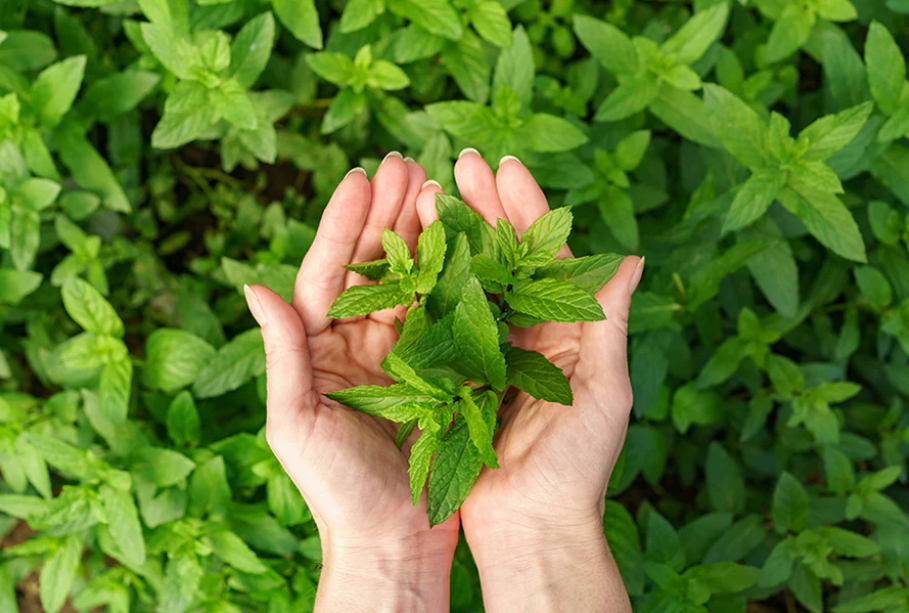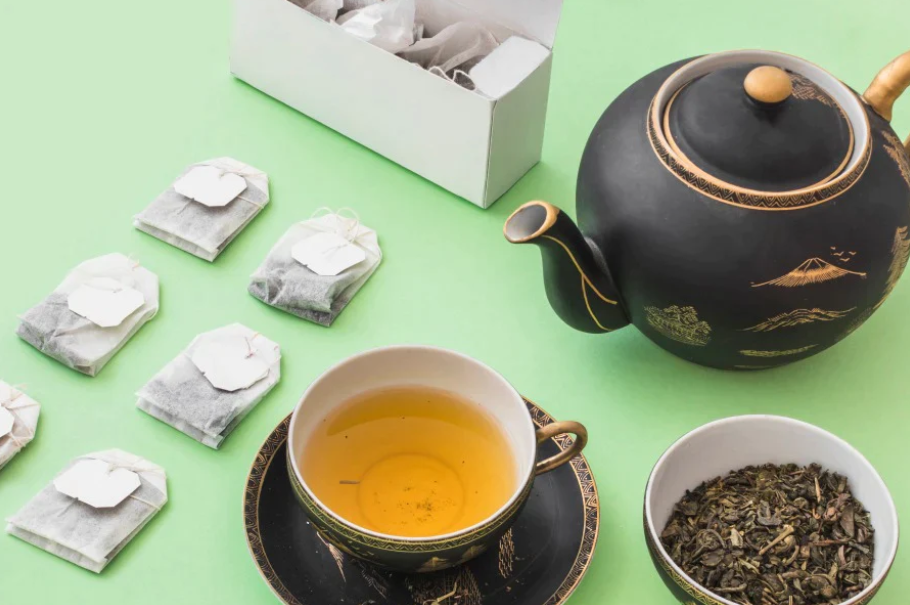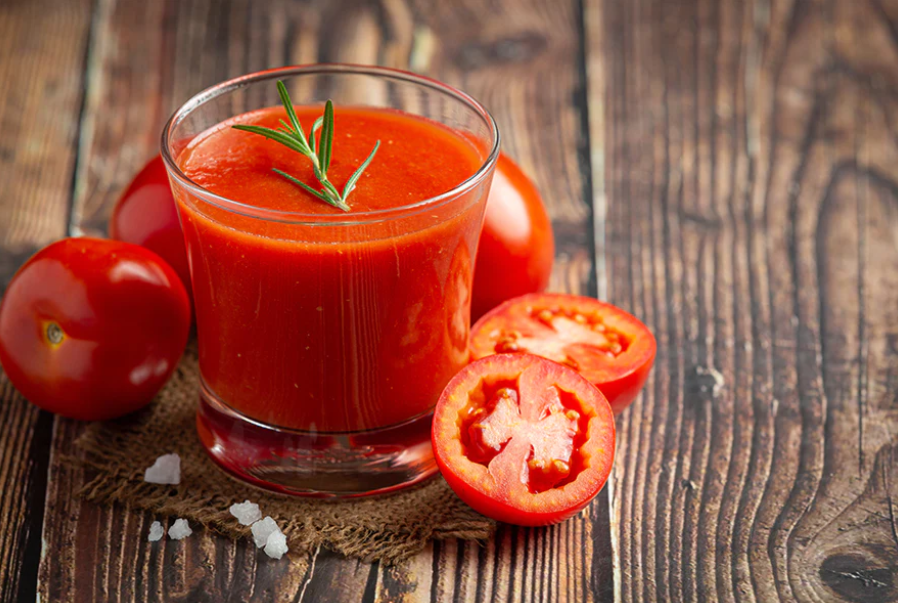Water intake can help support joint, muscle, and skin health. Water is essential for your body to absorb enough nutrients and fight infections. You may reap even more benefits by drinking a few glasses every day of warm water. These are just a few of the many benefits that you can reap.
1. Healthier digestion
Hot water is more efficient at breaking down food particles than cold water. It also provides energy. This helps to reduce constipation risks by supporting regular bowel movements that are free from any issues.
2. Body detoxification
According to natural health experts, hot drinking water can help detoxify your body. If the water heats up enough to cause sweat to form, you may experience a sensation of warmth. The process of sweating helps to remove toxins from the body and cleans your skin pores .
3. Increased circulation
Hot water has been known to act as a vasodilator. This means that it expands blood vessels, which in turn improves blood circulation. This can allow your muscles to relax quickly and decrease your pain.
4. Weight loss
Research supports the idea that drinking enough water can aid in weight loss. It could partly be because drinking enough water can increase your feeling of fullness. Water is also good for your body’s absorption and flushing out toxins.
5. You will feel less pain
Hot water can improve blood circulation, and it may help to increase blood flow to injured muscles. There has been no research to show that hot water can help ease pain.
6. Stress reduced
Many people find that a relaxing cup of hot water can help them manage stress and anxiety. A older study has shown that hot fluids such as tea or coffee can help lower stress levels and reduce anxiety.
7. Reduce joint pain
Warm water increases blood circulation and can help relieve severe pain, particularly joint pain . However, it is important to avoid drinking too much hot water. This will cause your body to become very swollen and can lead to joint swelling.
8. Helps with Sinus Problems
If you are suffering from a bad cold, boiling water can help to ease your sinus pains. This causes your mucus to move, and your body can eliminate the mucus by itself by either blowing your nose or coughing.
How warm should I consume my morning coffee?
There is no set amount that everyone should consume in a day. However, there is much research that has shown that you should consume at most 3 cups of water (650ml) right after you get up . Drinking these amounts of water daily can help you increase your water tolerance.
It is important to remember that breakfast must be eaten at least 60 minutes after you have finished drinking water.
Don’t force yourself to drink large amounts of water right away. You can continue to drink as much water as you like. You can also drink bottled water if it is safe and clean.
Hot water is good for your health.
First, water is important for your health. More than half of your body is water. You need to ensure your body has enough water.
These are the benefits of hot water. These benefits may surprise you immediately. hot water refers to water between 130 and 160°F, or 54 to 72°C. Do not drink water that is higher than this temperature. You can’t manage any health problems by boiling your mouth, throat, or lips.
It is worth noting that the majority of evidence cited here in support of these benefits are anecdotal. In many cases, the hard science jury that will prove these facts remains open to question.
Drinking the right amount of water each day is great for your health. You won’t lose any sleep if you drink more water regardless of its temperature.
The benefits of warm water consumption during periods
Warm water can be a great way to ease stomach pains during menstruation . Many women complain about severe stomach pains during menstruation. These complaints can be treated slowly and effectively by drinking enough water. Warm water can be beneficial for your body as it can reduce abdominal pain. Warm water can also be beneficial during periods:
- Warm water can be used to reduce severe periods and abdominal pain.
- Warm water can also be used to ease the symptoms of frequent abdominal cramping and bloating.
- This period is also a good time to drink warm water. Warm water replenishes your body’s energy levels.
- Warm water can also help regulate your menstrual cycle. Drinking enough water can help to correct any imbalances in your menstrual cycle.
Hot water vs. cold water in the morning
Warm water for drinking can be:
- helps in digestion
- Blood circulation aids
- Your body can eliminate toxins quicker by taking steps to assist it.
Hot water can cause health problems
You may get scalding from hot water.
Best time for to drink
- Morning
- After meals
- Before you go to bed
Cold water is safe to drink:
- Your body will be cooled down
- Weight loss aids
- Reduces excessive sweating
- Prevents dehydration
What is the risk of drinking cold water
Cold water can slow down digestion and worsen abdominal cramps.
Best time for to drink
When you are engaged in strenuous activities such as running, gymming, or sports.
Conclusion
Warm or hot water won’t cure any disease, but as long as the warm water is continued to be ingested, many bodily functions will continue to work at their best. For example digestion. People who enjoy hot water in the morning, or who simply want to improve their overall health, can feel confident that hot water will be beneficial.
FAQs
1. Warm water is healthier than cold water.
Warm water is a great way to aid digestion and blood circulation. It can also help your body get rid of toxins faster.
2. What happens if I consume hot water every single day?
Regular hot water intake will aid in the breakdown of extra fat, relax your muscles, and improve blood flow.
3. Can drinking warm water burn fat?
When we drink hot water, our bodies adjust to the temperature of the body and start the metabolism process. This encourages weight loss. This makes it easier to burn body fat.
Refers
- Increased Water Consumption During a Hypocaloric Intervention in Middle-aged or Older Adults
- The effects of hot tea, coffee, and water ingestion physiological responses and mood: The role of caffeine, water, and beverage type

